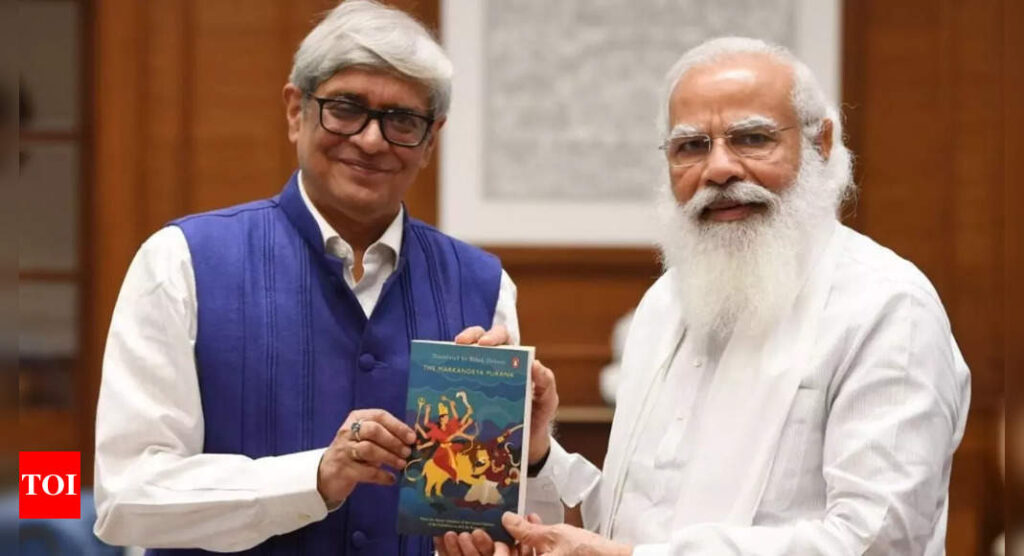Bibek Debroy, Chairman of PM’s Economic Advisory Council & renowned economist, leaves behind a legacy as a thought leader

Bibek Debroy, who served as Chairman of the Economic Advisory Council to India’s Prime Minister, passed away on Friday at 69 years of age. A distinguished economist, Debroy led significant policy initiatives, including the Finance Ministry’s expert committee focused on infrastructure development during ‘Amrit Kaal,’ a program designed to enhance India’s economic position in the coming 25 years.
Debroy, born to a Bengali family in Shillong on January 25, received his education at Ramakrishna Mission School, Narendrapur, before advancing to Presidency College, Kolkata, Delhi School of Economics, and Trinity College, Cambridge. His academic career included teaching positions at Presidency College, Kolkata (1979-83), Gokhale Institute of Politics and Economics, Pune (1983-87), and the Indian Institute of Foreign Trade, Delhi (1987-93).
His professional journey included directing a Ministry of Finance and UNDP project on legal reforms (1993-1998), and working with the Department of Economic Affairs (1994-95). He was actively involved with NITI Aayog since its establishment as the government’s primary policy institute.
Throughout his professional life, Debroy focused on various economic areas including game theory, income inequality, poverty, legal reforms, and railway policy. His scholarly pursuits extended to Indian cultural studies, notably producing a widely appreciated ten-volume translation of the Mahabharata.
His influence on India’s intellectual and economic development remains significant.
Prime Minister Narendra Modi expressed his condolences on X, stating: “Dr. Bibek Debroy Ji was a towering scholar, well-versed in diverse domains like economics, history, culture, politics, spirituality and more. Through his works, he left an indelible mark on India’s intellectual landscape. Beyond his contributions to public policy, he enjoyed working on our ancient texts, making them accessible to the youth.”







